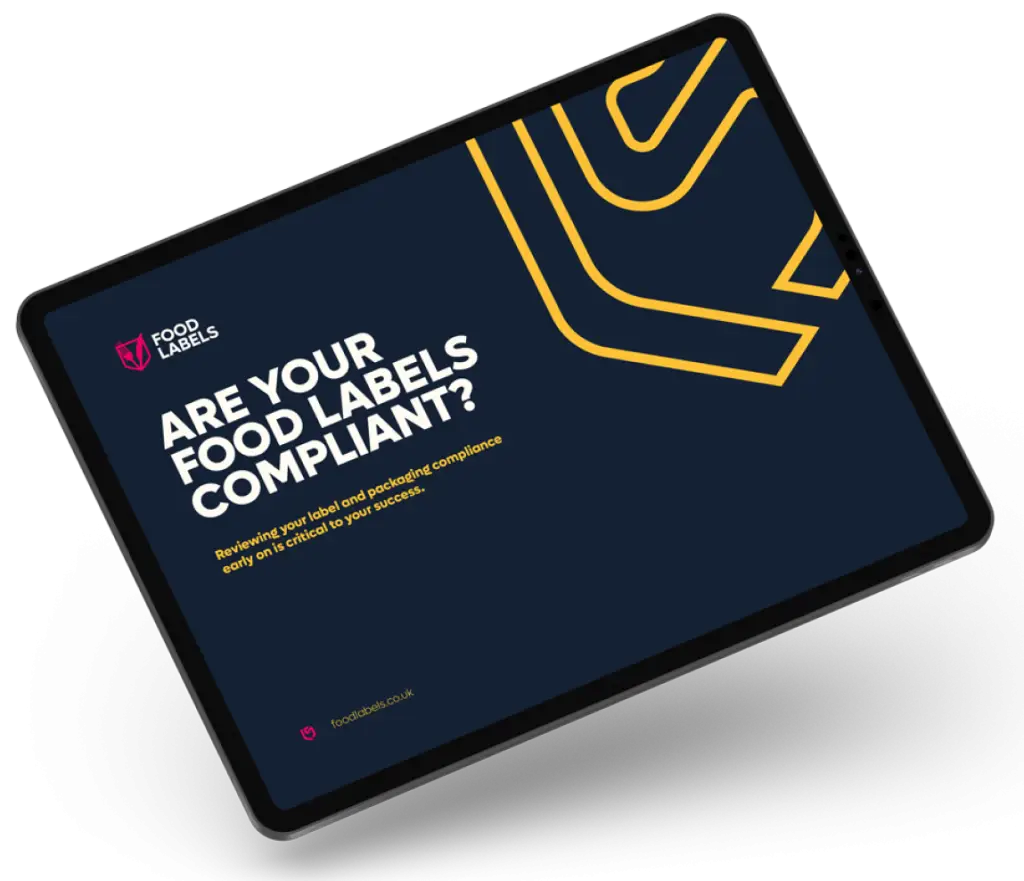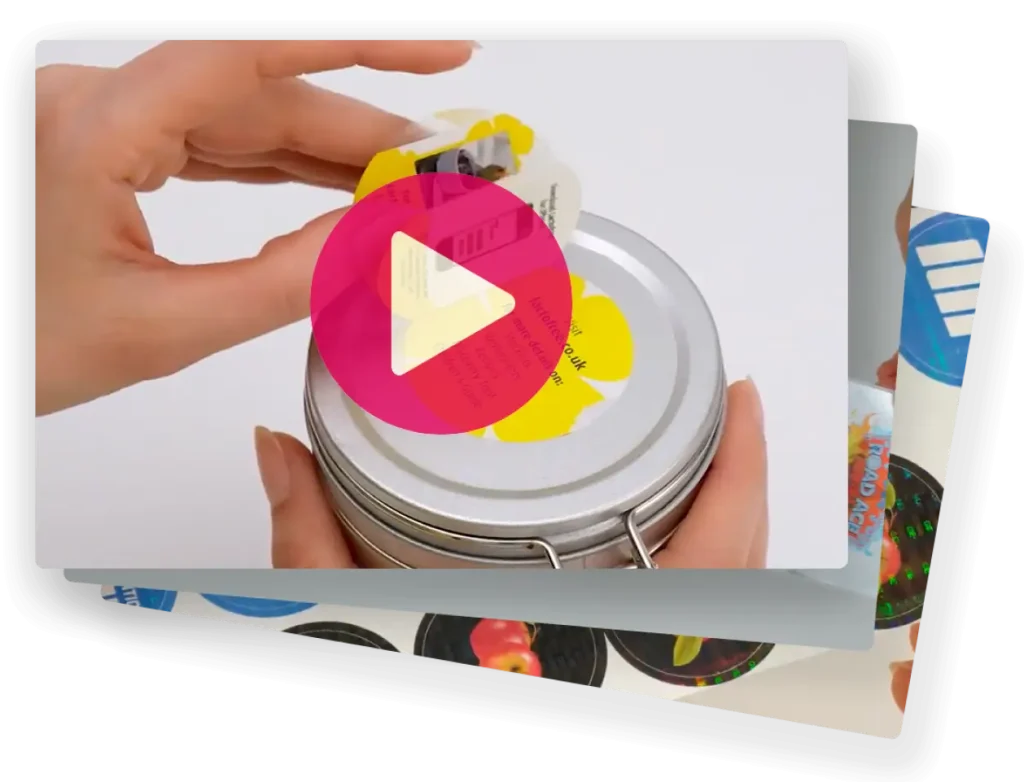calorie labels FAQs
Calorie labels display the energy content (in kilocalories, kcal) of food or drink products, helping customers make informed dietary decisions. They promote transparency and compliance with UK regulations, and they are a part social policy to get large businesses to encourage healthy choices ( and avoid penalties ).
Yes, from April 2022, large UK food businesses (over 250 employees) must display calorie information on menus and packaging. While smaller businesses are not legally required to do so, adding calorie labels can lead to better trust and brand transparency.
A calorie label should display the total energy content (kcal) per portion or serving. It can also include “Reference Intake” (RI) values, showing how much the calories contribute to an average adult’s daily intake. Accurate portion size and legible text are the most important parts when it comes to compliance.
Labelservice has decades of experience creating compliant calorie labels. We’ll make sure that all required information is displayed clearly, meeting legal standards while aligning with your brand design. We can also offer advice on the best label format and placement to help your labels be effective and professional.
Yes, we can customize calorie labels to fit any packaging, from small takeaway boxes to larger retail containers. We tailor the size, shape, and design to suit your needs, making sure that your labels are compliant and visually appealing, regardless of packaging dimensions.
Yes, Labelservice offers adhesive labels that can be easily applied to your existing packaging. This cost-effective option lets your businesses comply with regulations quickly without needing a full redesign of their packaging.
No, calorie labels need to be visible in one clear location on the packaging, typically the front or back. Placement should follow Food Standards Agency (FSA) guidelines, making sure that the label is easily noticeable and readable by customers.
Calorie labels can be made from various materials to suit your product’s needs. Parper is commonly used and ideal for dry products. Polypropylene is durable and good for refrigated or frozen items. There are also eco – friendly options that are biodegradable and recyclable
We offer several adhesive options including permanent adhesives for long term stickiness, removable adhesives for short term and more typical freezer grade adhesives that are good for processed and packaged food that is stored in refrigeration units or shipped in cold storage conditions.
The UK’s calorie labelling regulations require businesses with over 250 employees in the hospitality sector (such as restaurants, cafes, and takeaways) to display calorie information on menus, labels, and online platforms. The calorie content must be listed for each item, based on portion size, and visible to customers when they are deciding what to purchase.



















